12 women win official recognition for their contributions to Scottish culture - including Eddi Reader, Sheena Wellington, Errollyn Wallen
Singers, musicians, poets, composers, festival organisers, broadcasters and theatre-makers have been named in a new list aimed at recognising some of the most influential women working in Scottish culture.
A new campaign to “platform the work, voices and role of women” has highlighted a dozen figures for their contributions. The Women in Music and Culture List is described as a “snapshot of the many women doing amazing work in the sector".
Advertisement
Hide AdAdvertisement
Hide AdIt includes the Glasgow-born multi Brit Award winner Eddi Reader, who has been performing for more than 40 years since starting out as a backing singer for Eurythmics and Gang of Four, and the Dundonian folk singer Sheena Wellington, who famously sang at the opening of the Scottish Parliament 25 years ago this summer.
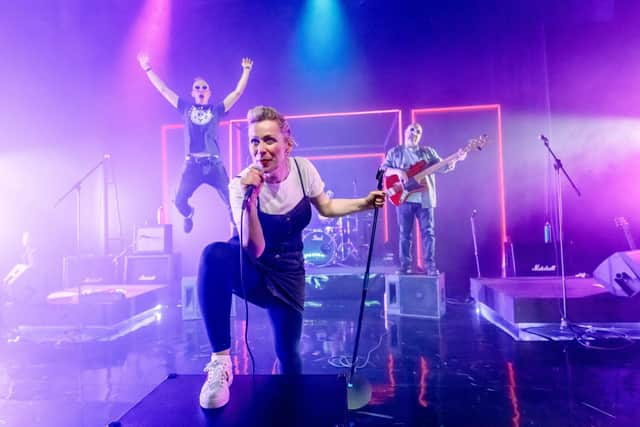

The list, which has been published in conjunction with International Women’s Day on March 8, features Belize-born composer and musician Errollyn Wallen, who moved to London at the age of two and now lives in a lighthouse in the far north of Scotland, overlooking Orkney. She is a visiting professor of composition at the Royal Conservatoire of Scotland in Glasgow.
Other musicians being championed include Shetland fiddler and composer Jenna Reid, who has just written her first children's book, and Arran fiddler Gillian Frame, the inaugural winner of the BBC Radio Scotland Young Traditional Musician of the Year competition.
Fife-born Cora Bissett has been recognised for her career as a singer, musician, actor and theatre maker.
She previously worked on a stage show inspired by the ground-breaking musician Martyn Bennett, a musical adaptation of the feature film Orphans, and a play about the American rock singer Janis Joplin. She drew on her experiences with the 1990s indie-rock band Darlingheart for her autobiographical stage show What Girls Are Made Of.
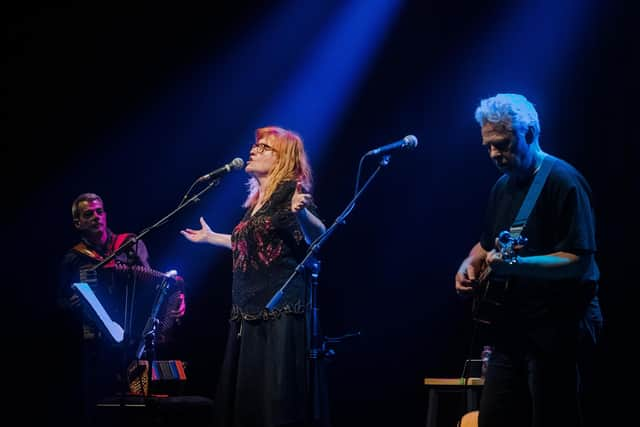

Lesley Shaw, manager of Glasgow’s long-running Celtic Connections festival, which has been running for 30 years, is recognised.
Bissett said: “It’s lovely to be featured as a woman contributing to Scottish culture. Much of the stories I dramatise are about shining a light on and celebrating real life inspirational women and marginalised people.
Advertisement
Hide AdAdvertisement
Hide Ad“Women still face myriad challenges to surviving in the arts. Things are changing gradually, but it's important to keep raising the profile and achievements of the brilliant women creating, performing and busting boundaries and expectations.”
Shaw said: “Scotland is a country with a rich cultural heritage, and I feel extremely proud to be able to work in an industry with so many inspiring women in a wide range of cultural roles, where we can highlight and showcase the brilliant music that we have, to the world.
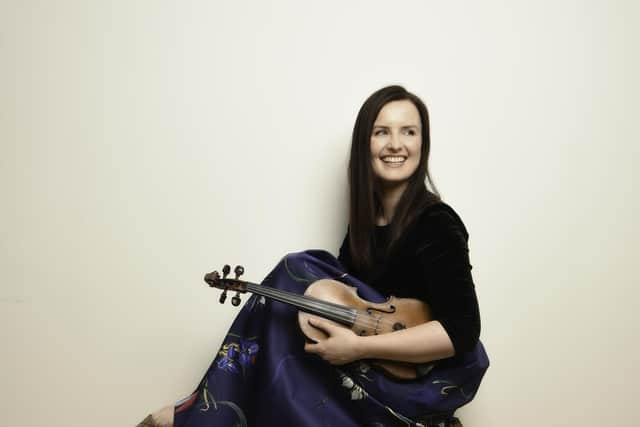

“There are more women working across the sector than when I started my career and it’s exciting to see how that representation has grown. However, just as there’s always room for more music, there’s always room for more women in music and culture.”
The list has been compiled by the organisers of the Scots Language Awards, World Gaelic Week. the Scots Trad Music Awards and the BBC Scotland Young Traditional Musician of the Year Award.
Frame said: “Women play a massive role in nurturing and transmitting culture in family and community. We need to see this better celebrated and represented.”
Reid said: “Women in culture must represent us all – musicians, singers, teachers and tradition bearers and those who hold the keys to more opportunity, let our vast stage be shared and enjoyed by everyone.”
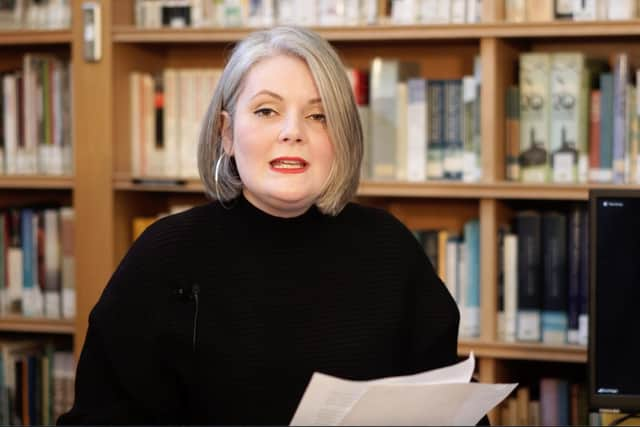

Margaret Cameron, director of content at Gaelic broadcaster MG Alba, Glaswegian performance poet Victoria McNulty and Lochaber-based Gaelic singer and tutor Rachel Walker, who has performed with the bands Skipinnish and Cruinn, have all made the list.
Advertisement
Hide AdAdvertisement
Hide AdWalker has been recognised less than two years after releasing an album, with singer and multi-instrumentalist Aaron Jones, which celebrated “under-recognised women throughout Scottish history”, including Eilidh MacDougall, the first dedicated police commissioner for women at the Met. Others celebrated are the Great Gormula of Moy, a powerful Highland "witch” said to have resolved clan disputes, medical pioneer Elsie Inglis, Glaswegian-Ghanaian artist Maud Sulter, and campaigners for women’s suffrage and the abolition against slavery.
Also included are singer, musician and lecturer Lori Watson, the first doctor of artistic research in Scottish music, and Anna-Wendy Stevenson, a fiddler and composer, who is also senior lecturer and programme leader for the applied music degree at the University of the Highlands and Islands.
Stevenson said: “I am proud to celebrate and promote women's contributions in my role as an educational leader, facilitator and artist myself.
“In Scotland we have so many women to recognise for their impact on the culture and well-being of society, from Margaret Fay Shaw, a pioneering Scottish-American ethnomusicologist, photographer, folklorist, and scholar of Celtic studies, to Elsie Inglis, founder of the Scottish Women's Hospitals.”
Watson, who grew up in the Scottish Borders, said: “I want centuries rather than decades of numerous visible, connected and empowered women to reflect on. I hope future generations have that.”
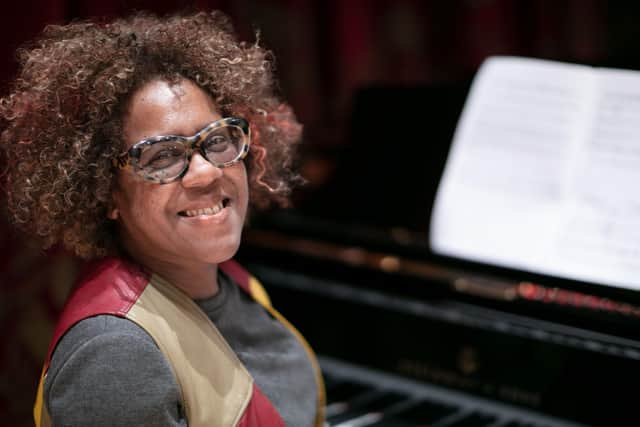

Simon Thoumire, founder of Hands Up For Trad, the promoters and event organisers who have instigated the Women in Music and Culture List, said: “Our core purpose is to promote and shine the spotlight on the diversity of talent in Scotland.
“Ideally there would be no place for a list promoting the work of women, but until true equity and equality exist in our community, we will continue to seek opportunities to platform the work, voices and role of women in Scottish music and culture.
Advertisement
Hide AdAdvertisement
Hide Ad“We’ve chosen 12 women who have and are contributing towards Scotland’s rich cultural landscape. We aim to recognise the wealth of talent and diversity they all bring through their work. These 12 women are, of course, just a snapshot of all the many women doing amazing work in our sector.”
Comments
Want to join the conversation? Please or to comment on this article.
